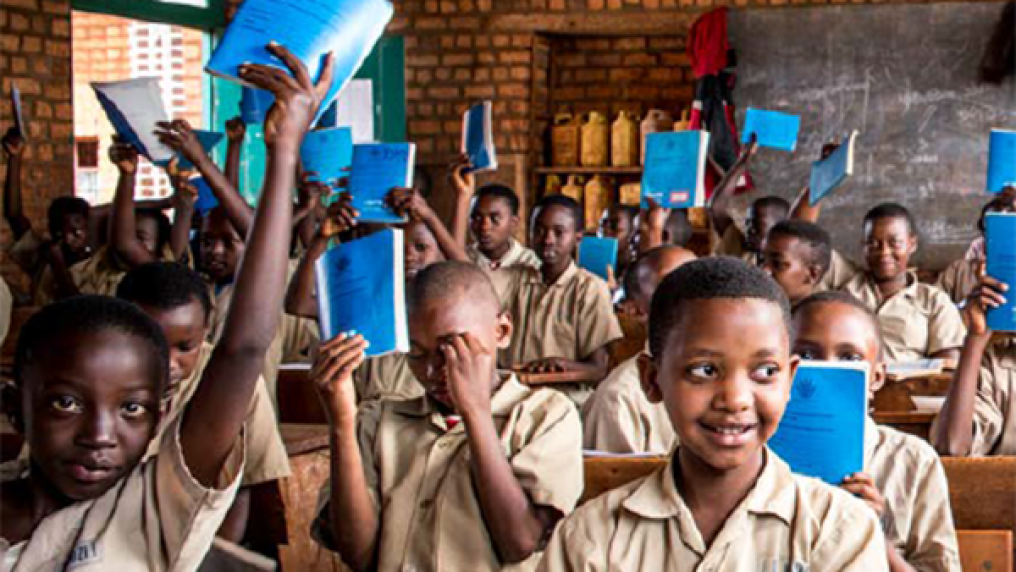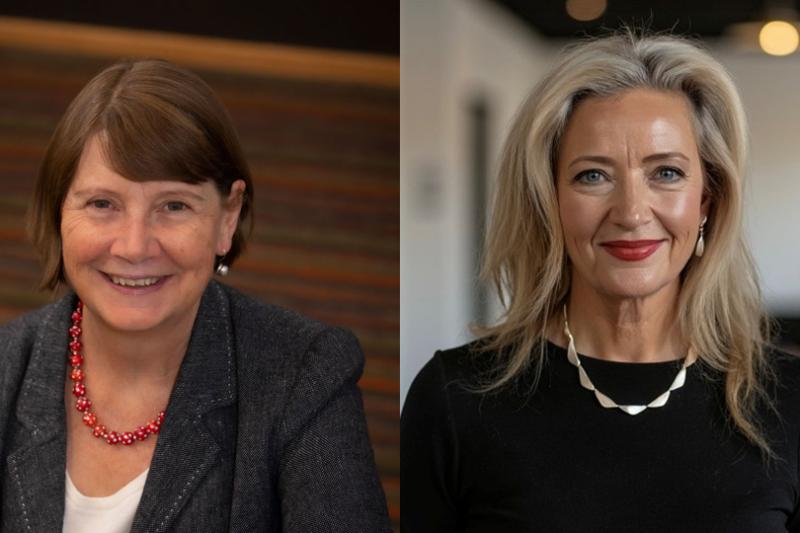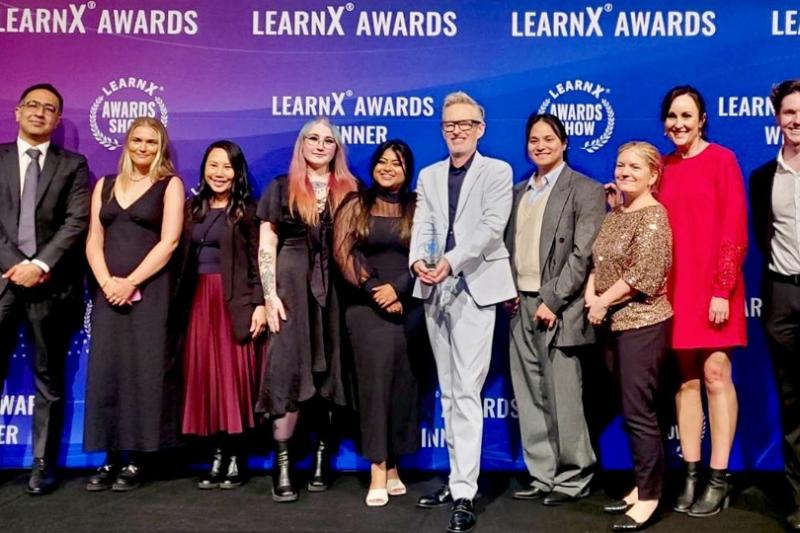Building the case for investing in health & human capital

Economic modelling by Victoria University (VU) is demonstrating the significant value to be gained from investing in large-scale intervention programs that improve population health and education.
This work quantifies the full benefits of investing in health and human capital, especially in low- and middle-income countries, as a step towards generating the funding needed to achieve the UN Sustainable Development Goals (SDGs) by 2030.
Economists from the Victorian Institute of Strategic Economic Studies (VISES) at VU have developed a set of international assessment tools for estimating the economic and social impacts of health and education interventions, and the return on investment (ROI) from the outcomes generated.
Major studies for global partners
International studies commissioned by the World Health Organization (WHO), the UN Population Fund (UNFPA), UNICEF and the US Chamber of Commerce have applied VISES’ quantitative assessment tools to a range of health and education programs.
The resulting benefit-cost ratios have generally demonstrated the significant value generated when developing countries invest in public health and education.
Areas studied include life stage analyses of child and maternal health and adolescent well-being, and particular disease areas including mental health, diabetes and cardiovascular disease. The results have been published in leading journals, including The Lancet, Nature and Journal of Adolescent Health.
These multi-country studies have led to single-country studies for the UNFPA (for India), results published in the Journal of Global Health Reports, and UNICEF (for Burundi), to develop cases for national investment in adolescent health and wellbeing.
In Burundi, for example, adolescents (those aged 10–19) represent almost one quarter of the population. VISES found that investing in the health and education of this sector of Burundi’s population would yield very high returns over the long-term. UNICEF hopes the research findings will attract donors willing to invest in the country’s future prosperity.
VISES was commissioned to study the economic impact of child marriage and other issues for women in developing countries. This research includes being commissioned by the UNFPA to quantify the cost of ‘eliminating’ child marriage to achieve the relevant SDGs by 2030.
Another area of study within VISES’ Health and Human Capital Research Program quantified the economic cost of ill health on workforce productivity for the US Chamber of Commerce.
Current studies underway include estimating the economic contribution of the WHO to world health; the development of a case on the costs of not investing in child and adolescent education systems in Syria for UNICEF Syria; an investment case to reduce road traffic injuries among adolescents for the FIA Foundation in London; investing in HPV vaccination for girls and women in Vietnam for UNFPA; and the benefits of investing in women’s sight, particularly in Kenya, Laos and Pakistan, for the Fred Hollows Foundation.
| Study timeframe | Research partner or funder/collaborator | Project title/description |
|---|---|---|
| 2021 | WHO | Developing the economic case for investing in the WHO |
| 2020–2021 | UNICEF Syria | Economic, social and psychological costs and risks resulting from not investing in education systems in Syria |
| 2020–2021 | FIA Foundation | Investing in reducing road traffic injuries among adolescents |
| 2020–2021 | UNFPA | An investment case study on HPV vaccination in Vietnam |
| 2020–2021 | Fred Hollows Foundation | Investing in women’s sight in Australia, Kenya, Laos and Pakistan |
| 2020 | USCC | Cost-benefit analysis of health interventions to improve labour productivity in 27 countries |
| 2019– | WorkSafe Victoria | WorkWell Evaluation: Measuring cost effectiveness and return on investment (ROI) of the WorkWell Program |
| 2019 | UNFPA | Cost of eliminating child marriage and intimate partner violence to achieve SDGs |
| 2019 | UNICEF Burundi | Investment framework case study – estimating the impacts and opportunity costs of social sector investments for adolescents (10–19 years) in Burundi |
| 2019 | UNFPA India | A case for national investment in adolescent health and wellbeing in India |
| 2018 | McKell Institute | Impact of ill health on retirement savings in Australia |
| 2016 | USCC | Global study on health and the economy measuring the impact of wellness on workforce productivity in global markets |
| 2015–2017 | UNFPA | Investment in improving health, education and other outcomes for adolescents in 74 developing countries |
Responding to rapid global change
VISES is embedded within VU’s Institute for Sustainable Industries and Liveable Cities (ISILC). The multidisciplinary team incorporates the Victorian Energy Policy Centre and focuses its research expertise on national and international policy and economics issues raised by successive waves of global change.
Over the past five years, the central focus has been on three inter-related issues:
- Understanding, and quantifying, the impact of investing in health and human capital.
- Studying key aspects of climate change and of rapidly emerging renewable technologies, as well as the policy and practice of adequate responses to these challenges.
- Integrating these elements into new economic development models, vitally necessary now for nations comprising more than half the world’s population.
Committed to planetary health & the UN SDGs
VU invested in this research as part of our whole of university commitment to being a champion of planetary health. This commitment guides our contribution to advancing the UN Sustainable Development Goals. In 2020, the University allocated $1 million to 25 place-based research projects that contribute to planetary health.
This project address the following goals and their targets: 3: Good health and wellbeing | 4: Quality education | 5: Gender equality | 10: Reduced inequalities | 17: Partnerships for the goals
Research team
- Professor Bruce Rasmussen
- Professor Peter Sheehan
- Dr Kim Sweeny
- Dr John Symons
- Neelam Maharaj
- Margarita Kumnick
Collaborators
- United Nations Population Fund (UNFPA)
- UNICEF
- World Health Organisation (WHO)
- United States Chamber of Commerce (USCC)
- FIA Foundation
- Fred Hollows Foundation
- WorkSafe Victoria
- APEC Life Sciences Innovation Forum (LSIF)
- Partnership for Maternal, Newborn and Child Health (PMNCH)



